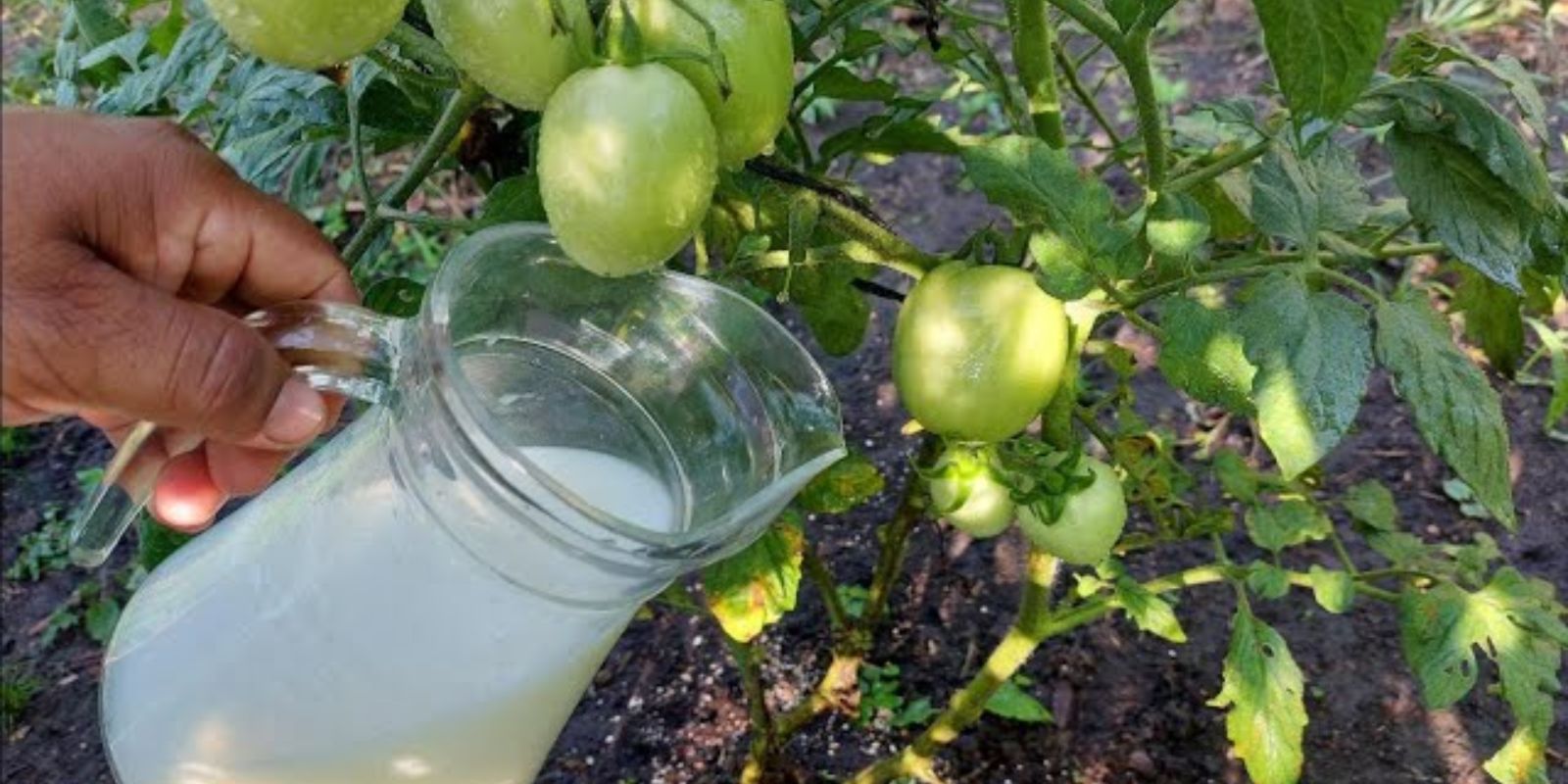Introduction
Growing vibrant, productive tomatoes, peppers, and cucumbers requires more than just sunlight and water. The secret to their success lies in the soil. To ensure your plants reach their full potential, it’s crucial to provide them with the right foundation before planting. This guide will delve into why incorporating high-quality compost and organic matter is indispensable for your vegetable garden and how you can use these ingredients to achieve remarkable results.
The Importance of Soil Preparation
Why Soil Matters
Soil is the lifeline for your plants, providing essential nutrients, water, and support for their root systems. For tomatoes, peppers, and cucumbers, which are heavy feeders, the soil must be particularly rich in nutrients to support robust growth and abundant fruit production. Poor soil can lead to stunted growth, reduced yields, and increased susceptibility to diseases and pests.
Key Benefits of Using Compost and Organic Matter
- Enhanced Nutrient Content: Compost and organic matter enrich the soil with essential nutrients, including nitrogen, phosphorus, and potassium, which are vital for plant health and productivity.
- Improved Soil Structure: These amendments improve soil texture, making it easier for roots to penetrate and access nutrients. They also help with water retention and drainage.
- Increased Microbial Activity: Compost fosters a thriving ecosystem of beneficial microorganisms that enhance nutrient availability and promote plant health.
- Enhanced Moisture Retention: Organic matter helps retain moisture in the soil, reducing the need for frequent watering and protecting plants from drought stress.
Steps for Preparing Your Soil
1. Gather Your Materials
- High-Quality Compost: Choose well-decomposed compost that is dark, crumbly, and free of large debris. Compost can be purchased from garden centers or made at home from kitchen scraps and yard waste.
- Organic Matter: Use well-rotted manure, leaf mold, or other organic matter to further enrich the soil. Ensure that the organic matter is fully decomposed to avoid introducing pathogens.
2. Prepare the Soil
- Clear the Area: Remove any weeds, rocks, or debris from the planting area. Weeds compete with your plants for nutrients and water, so it’s essential to start with a clean slate.
- Loosen the Soil: Use a garden fork or tiller to break up compacted soil. This process improves aeration and allows roots to penetrate more easily.
3. Incorporate Compost and Organic Matter
- Mix in the Compost: Spread a layer of compost over the soil, about 2-4 inches thick. Use a garden fork or tiller to mix the compost into the top 6-12 inches of soil.
- Add Organic Matter: Similarly, mix in well-rotted manure or other organic matter. This addition enhances soil fertility and helps improve soil structure.
4. Prepare the Soil Before Planting
- Allow Time for Decomposition: If possible, prepare the soil a few weeks before planting to give the compost and organic matter time to integrate and begin breaking down. This pre-planting preparation ensures that nutrients are readily available to your plants.
5. Maintain Soil Health Throughout the Growing Season
- Top-Dress with Compost: As plants grow, continue to add a layer of compost around them. This practice provides ongoing nourishment and helps suppress weeds.
- Monitor Soil Conditions: Keep an eye on soil moisture and adjust your watering schedule as needed. Proper moisture levels are crucial for healthy plant growth.
Benefits of Well-Prepared Soil
1. Improved Plant Health
Plants grown in nutrient-rich soil are healthier and more resilient. They are better equipped to withstand diseases, pests, and environmental stressors.
2. Increased Yields
Tomatoes, peppers, and cucumbers grown in well-prepared soil produce higher yields of larger, more flavorful fruits. The enhanced nutrient availability supports vigorous growth and fruit development.
3. Reduced Pest and Disease Problems
Healthy plants are less susceptible to pests and diseases. By providing a strong foundation, you create an environment that promotes natural resistance and reduces the need for chemical interventions.
Additional Tips for Success
1. Rotate Crops
To prevent soil depletion and reduce the risk of soil-borne diseases, practice crop rotation. Avoid planting tomatoes, peppers, and cucumbers in the same soil year after year.
2. Mulch Around Plants
Apply mulch around your plants to help retain moisture, suppress weeds, and regulate soil temperature. Organic mulches, such as straw or wood chips, also contribute to soil fertility as they decompose.
3. Test Your Soil
Regularly test your soil to monitor nutrient levels and pH. Soil testing kits are available at garden centers or through local agricultural extension offices. Adjust soil amendments based on test results to ensure optimal growing conditions.
4. Use Companion Planting
Consider planting companion plants that benefit your tomatoes, peppers, and cucumbers. For example, basil can enhance the flavor of tomatoes, while marigolds can deter pests that target cucumbers.
Conclusion
Preparing your soil with high-quality compost and organic matter is essential for growing thriving tomatoes, peppers, and cucumbers. By following these steps, you provide your plants with the nutrients, structure, and moisture they need to flourish. This foundational work not only enhances plant health but also boosts productivity and yields, making your garden a source of pride and satisfaction.
Embrace the power of soil preparation and watch as your garden transforms into a vibrant, fruitful haven. With a little effort and attention, you’ll enjoy a bountiful harvest of delicious, home-grown vegetables that will impress your family and neighbors alike. 🌱🍅🌶️

